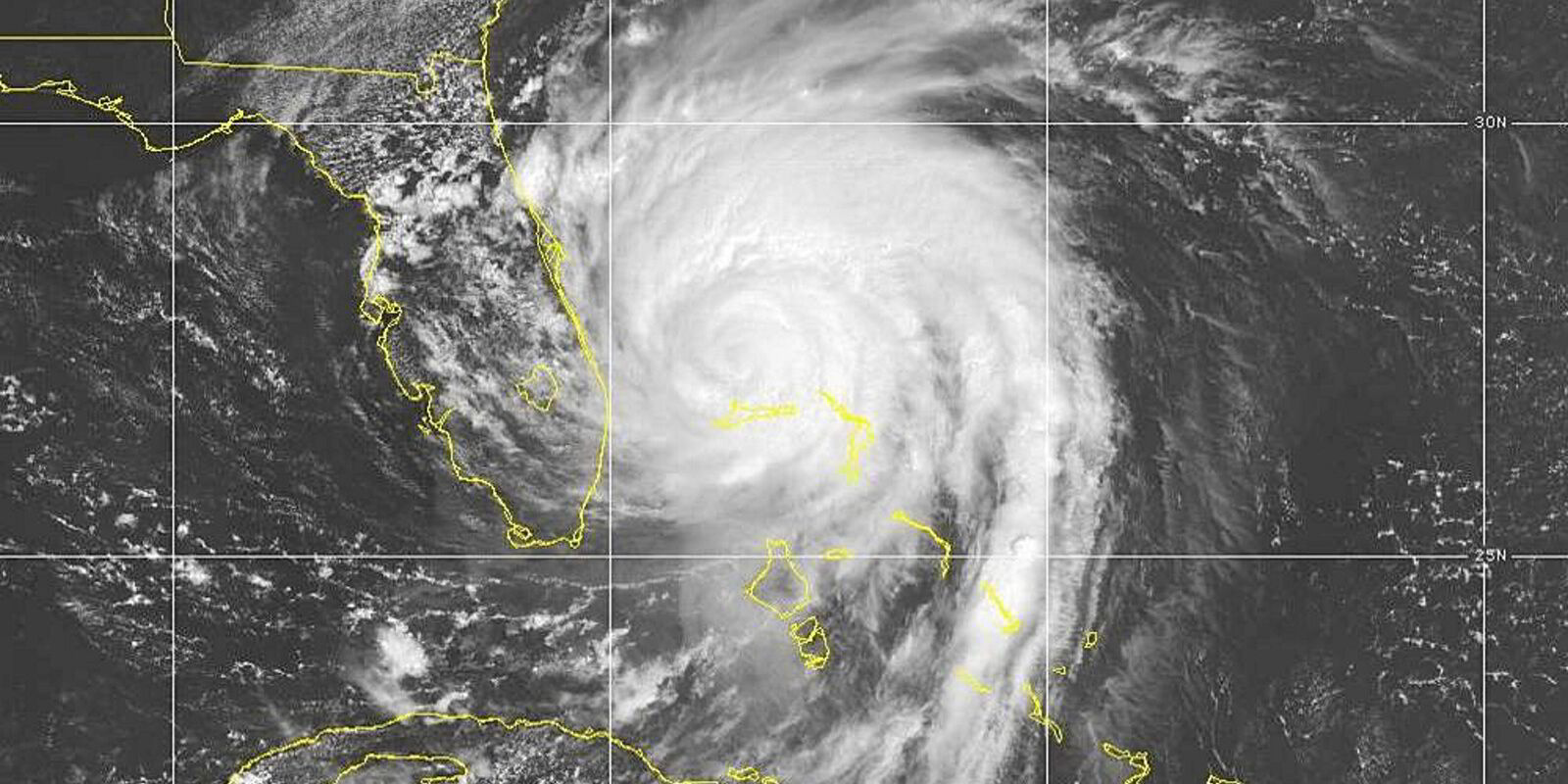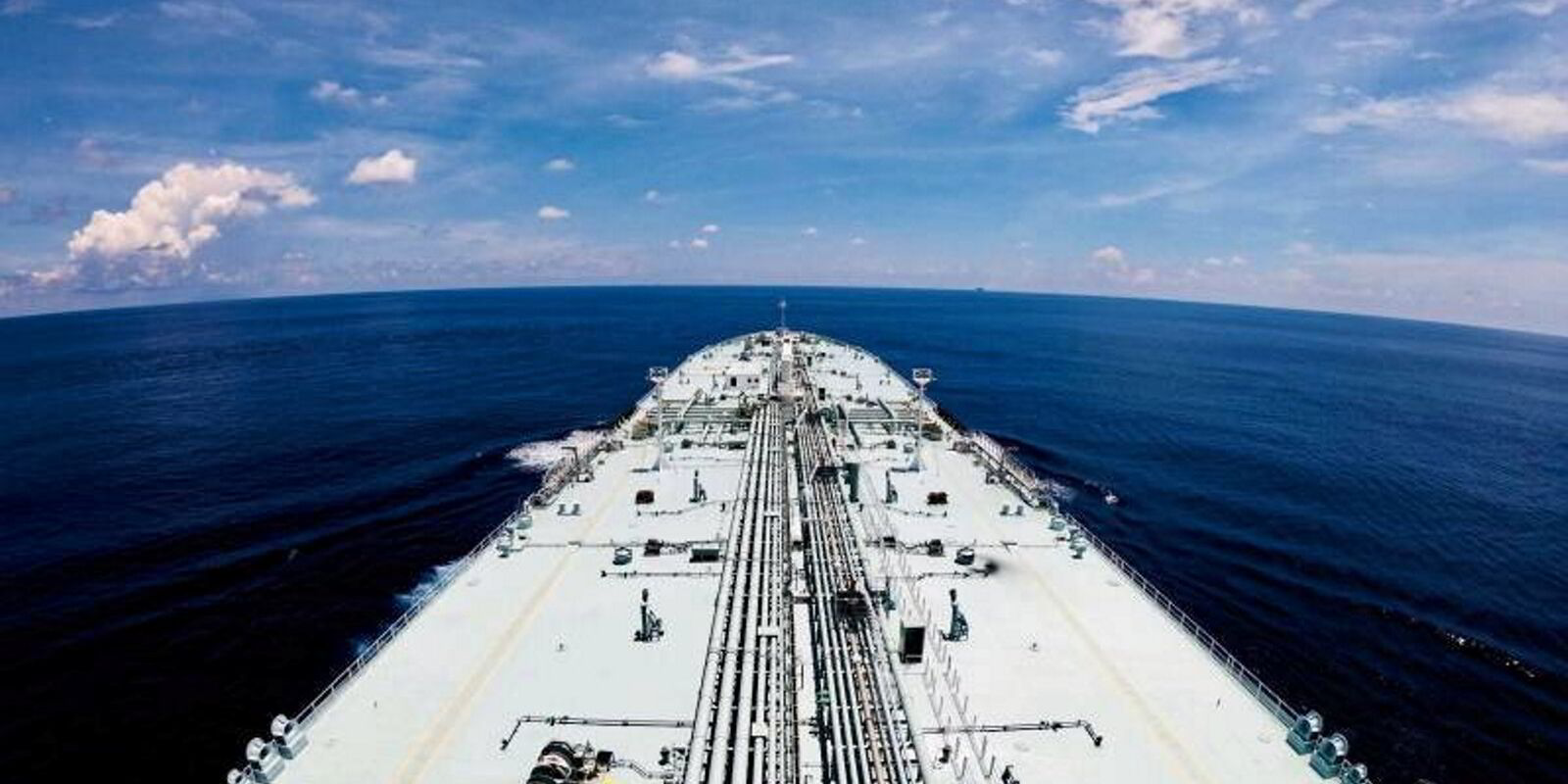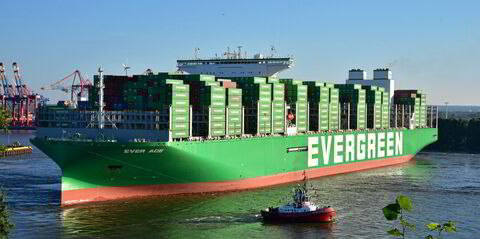Tanker owners will face a complex picture as they navigate the potential effects of hurricanes in the US Gulf.
Gibson Shipbrokers said it has been fielding enquiries from clients about the implications of upcoming storms in the region, following Beryl becoming the earliest Category 5 hurricane in history last month.
The US National Oceanic and Atmospheric Administration has predicted a record number of tropical storms and hurricanes this year. Seven of these could be major, compared with an average of three.
“An active season points to broader risk for both the crude and clean markets,” Gibson said. “However, it is difficult to predict the overall impact.”
The two key factors to watch are the path of the storm and its intensity, the broker explained.
Provided oil infrastructure is avoided, impacts are usually muted, aside from possible delays due to vessels rerouting to avoid the path of the storm, the London shop added.
But should offshore oil production be hit, causing any prolonged outage, then the effect will primarily be felt on crude tanker export demand from the US and Caribbean.
Combined, the US and Mexico produce 3.5m barrels per day offshore, much of which are sought-after medium and heavy grades.
In extreme cases, hurricanes may even support seaborne crude imports from further afield, if local sources of supply are taken off the market for an extended period, Gibson said.
Refineries are key
The other key impact concerns refineries, the brokerage said.
Refineries on the Texas and Louisiana coasts account for 48% of overall US refining capacity.
These facilities are critical for supplying domestic markets, and also exported 2.1m bpd overseas in 2023, the company said.
“Any disruption to refining operations is bearish for the clean tanker market in the US Gulf, with fewer barrels available for export,” Gibson added.
“However, major refining outages in the US can also have a positive impact on clean tanker freight,” it pointed out.
This is because the US Atlantic coast, in particular, depends on pipeline flows from the US Gulf to feed local demand.
If flows from the Colonial Pipeline dry up, then typically these barrels are replaced by cargoes from Europe, supporting MR rates.
And refinery closures in the US Gulf can also be supportive of local crude exports.
If domestic refineries are unable to use domestic and regional grades, then additional volumes are likely to be made available for export.
Other factors, such as a waiver of the Jones Act cabotage law, can also positively benefit international tanker markets temporarily, Gibson said.
“Given that no two hurricanes are the same, it is difficult to predict what the impact might be specifically, other than heightened freight volatility, both up and down,” the broker added.
“If the forecast for an active hurricane season proves correct, with frequent back-to-back high-intensity storms, then the ability of both refiners and crude producers to maintain output could be challenged,” Gibson said.






